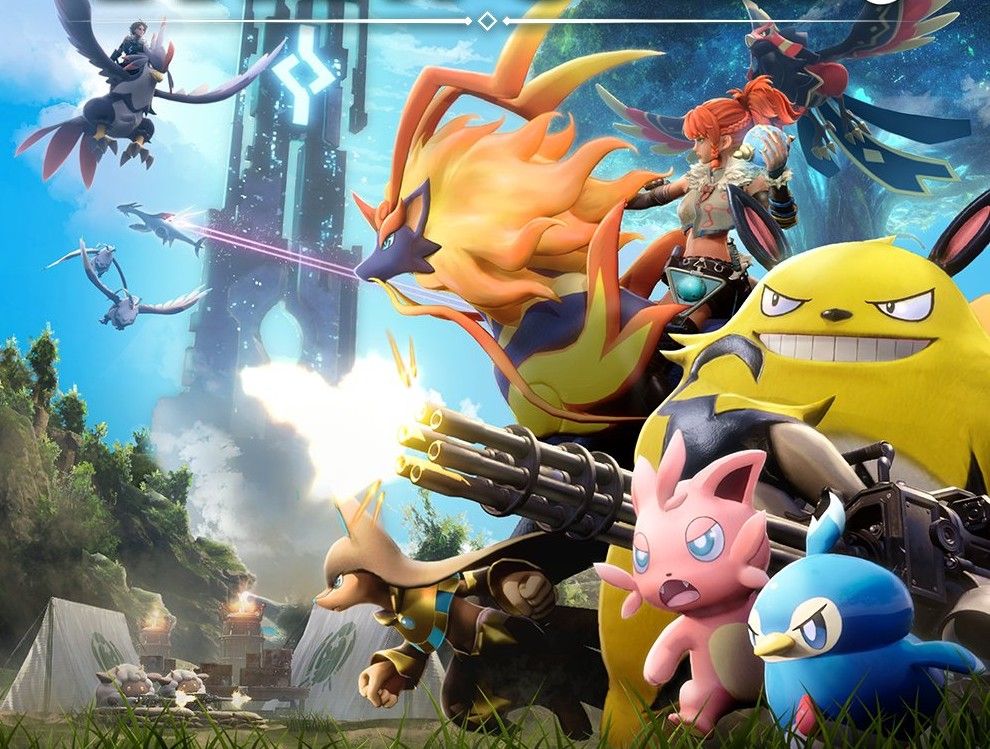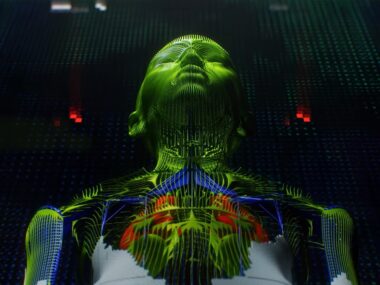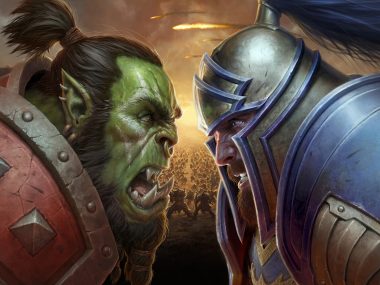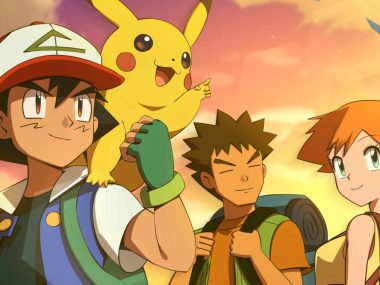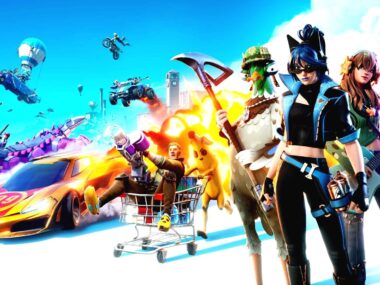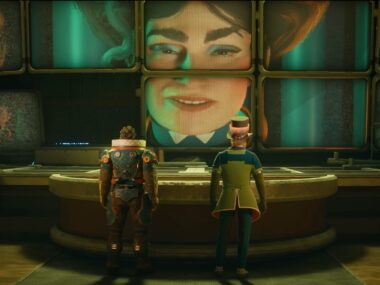Nintendo’s lawsuit against PocketPair, the studio behind Palworld, is about control over gameplay mechanics that have long existed in other games. It also challenges how far a company can go to lock them down.
Because let’s be honest, this looks more like a fear-based tactic to stop a rising rival before it gets too big. The gaming industry should be asking themselves: If Nintendo wins, will it open the floodgates for major studios to weaponize patents and crush indie competitors?
What’s Actually Happening Between Nintendo and PocketPair?
Nintendo and The Pokémon Company filed a patent infringement lawsuit against PocketPair in Japan. They argue that Palworld has copied several mechanics from Pokémon. Namely capturing creatures using balls, a mounting system, and combat behaviors. However, these patents were filed after Palworld launched.
Not only that, but Nintendo quietly amended at least one of those patents mid-lawsuit, a rare and legally risky move. They modified the wording of their ride-switching mechanic patent to include vague phrasing like “even when.”
It’s a term that patent experts say is legally clumsy and it’s not standard practice. It suggests Nintendo may not be confident in its original patent claims. So why go to such lengths? Because the company is pushing to ban Palworld from being sold in Japan altogether.
PocketPair’s Response
PocketPair, for its part, has taken a multi-pronged approach to defending itself.
First, they’re challenging the validity of Nintendo’s patents by citing “prior art” examples of the same mechanics appearing in other games well before Pokémon or Palworld used them (think Far Cry 5, Octopath Traveler).
They’ve been modifying the game to stay ahead of the lawsuit. They’ve already removed certain features, like throwing spheres to summon creatures, and redesigned how gliding works. The next patch even changes gliding so it uses a standalone item instead of riding a creature, with Pals offering only passive buffs. These changes are described by PocketPair as necessary “compromises” to avoid further legal entanglements.
Throughout all of this, PocketPair is being transparent with players, explaining the updates and apologizing for the tweaks. But they’re doing what they have to do to keep Palworld alive and available.
This Is About the Future of Game Development
Nintendo’s attempt at retroactively tweaking patents raises some serious red flags.
The core issue isn’t whether Palworld borrowed a few ideas from Pokémon. It’s whether any game company should be allowed to claim exclusive ownership over generic gameplay mechanics that are found in hundreds of games.
If Nintendo succeeds, they could set a dangerous precedent. Bigger studios may feel emboldened to lock down basic systems and sue smaller indie developers into oblivion. And that’s the real threat here. This could be detrimental to any indie developer trying to compete in a space that’s already dominated by juggernauts.
Nintendo’s Real Fear Might Be Market Relevance
There’s a reason Palworld hit a nerve. When it launched in early 2024, it was immediately labeled the “Pokémon with guns” game and it blew up. It sold millions of copies and went viral. So, was Nintendo caught off guard by a scrappy competitor doing Pokémon-style gameplay better than Pokémon? Maybe.
The timing of their lawsuit and the late-stage patent amendments suggest the company cares more about market disruption than IP theft. Since Palworld is still growing, Nintendo may be trying to stop the momentum before it’s too late.
Notably, the company hasn’t filed a lawsuit in the U.S., even though it has patents here too. That’s probably because PocketPair is tweaking and reworking the game faster than Nintendo can respond. It’s a legal game of whack-a-mole, and so far, PocketPair is staying one step ahead.
So What Happens Next?
No matter how this case ends, it’s already sparked a much larger debate: who gets to “own” how a game plays?
We’re not talking about copying art or stealing assets. We’re talking about the systems, rules, and the way a player interacts with the world. If those can be patented and used to shut down other games, then innovation in gaming will take a back seat.
It’s a future where making something new means risking a lawsuit. Because if common gameplay mechanics are now up for grabs, then no game is safe.
